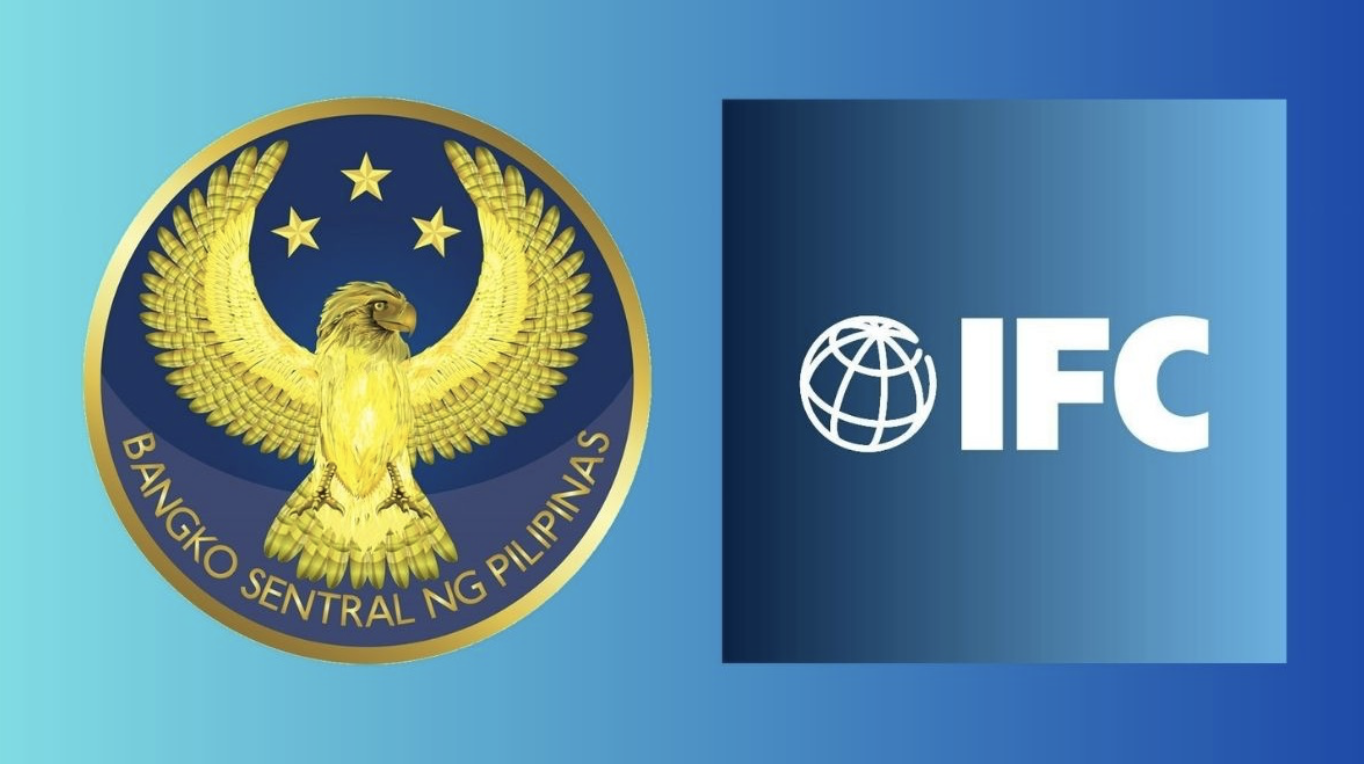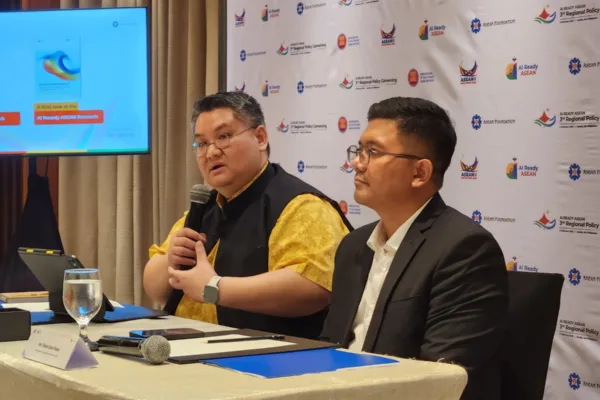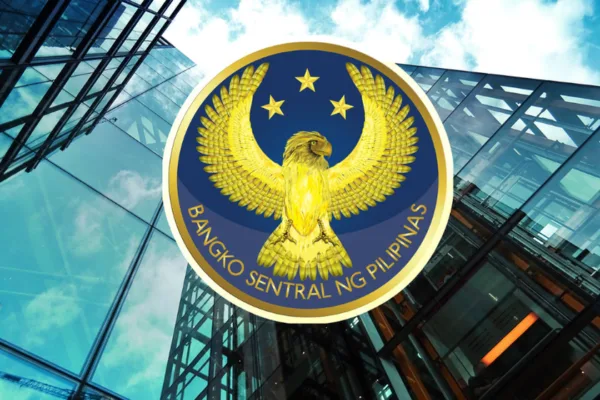The Bangko Sentral ng Pilipinas (BSP) and the International Finance Corporation (IFC) have joined forces recently to help reshape the financial landscape for the Philippines’ vibrant micro, small, and medium enterprise (MSME) sector and its crucial agricultural backbone.
Their Memorandum of Understanding (MOU), signed last March 17, 2025, signals a powerful commitment to cultivate and expand the nation’s movable asset finance (MAF) market.
This strategic alliance promises to unlock much-needed capital for businesses that often find themselves on the fringes of traditional lending due to a lack of fixed assets like land or buildings.
BSP’s movable asset finance opens doors to Filipino farmers and MSMEs

For countless Filipino entrepreneurs and farmers, the dream of expansion, modernization, or simply weathering economic fluctuations has been hampered by the stringent collateral requirements of conventional loans.
The inability to offer real estate as security has often translated to missed opportunities, stifled innovation, and a slower pace of economic progress, particularly within the MSME ecosystem that forms the bedrock of the Philippine economy.
Enter movable asset finance – a game-changing approach that recognizes the inherent value in a wider array of assets. Imagine a small bakery being able to leverage its ovens and delivery vehicles, a burgeoning tech startup using its inventory of components, or a rice farmer utilizing their stored harvests as collateral to secure vital financing.
This is the promise of MAF, transforming previously underutilized assets into pathways for accessing crucial funds for working capital, equipment upgrades, and overall business growth.
BSP Governor Eli M. Remolona, Jr., articulated the central bank’s enthusiasm for this transformative partnership, stating, “The BSP looks forward to working with IFC to build a dynamic MAF ecosystem. With this, MSMEs and agri-enterprises can use their available assets to access financing for their working capital and other needs.”
His words underscore the BSP’s recognition of MAF’s potential to democratize access to credit and inject dynamism into key sectors of the economy.
Building a more equitable system for inclusive growth

Echoing this sentiment, BSP Deputy Governor Bernadette Romulo-Puyat highlighted the alignment of this initiative with the nation’s broader financial inclusion goals.
According to her, the collaboration isn’t just about facilitating loans; it’s about fostering a more equitable and resilient financial system that leaves no viable enterprise behind.
“The partnership between the BSP and IFC aligns with the vision of financial inclusion toward inclusive growth and financial resilience stated in the National Strategy for Financial Inclusion 2022-2028,” Romulo-Puyat emphasized.
While the Philippines already has the foundational Personal Property Security Act in place – a crucial piece of legislation that provides the legal framework for using movable assets as collateral – its full potential remains largely untapped.
A 2022 IFC study revealed that financing involving movable assets in the country languished at under 5 percent, highlighting a significant gap between the legal framework and its practical application.
A multi-pronged approach to unlock movable asset finance by 2027

The newly forged partnership between the BSP and IFC is strategically designed to bridge this gap. Running until 2027, their collaborative efforts will focus on a multi-pronged approach that would encompass the following:
- Regulatory reform: Working to refine and streamline existing regulations to create a more enabling and efficient environment for MAF transactions. This could involve simplifying registration processes, clarifying legal interpretations, and fostering greater confidence among lenders.
- Sector capacity building: Investing in educating financial institutions, MSMEs, and other stakeholders about the benefits and mechanics of MAF. This includes training programs, workshops, and the development of informational resources to build expertise and understanding across the ecosystem.
- Supporting services development: Encouraging the growth of ancillary services that are vital for a thriving MAF market. This could include the development of reliable asset valuation services, efficient collateral registries, and innovative digital platforms that facilitate MAF transactions.
The implications of a robust MAF market for Philippine MSMEs are profound. Access to financing can be the crucial catalyst that enables small businesses to scale their operations, invest in new technologies, penetrate new markets, and ultimately create more jobs.
For the agricultural sector, MAF offers the potential to modernize farming practices, improve post-harvest facilities, and enhance the livelihoods of countless farmers who contribute significantly to the nation’s food security.
This partnership between the BSP and IFC is more than just a memorandum; it’s a powerful signal of intent to unlock the latent economic potential of the Philippines’ MSMEs and agricultural sector.
By transforming movable assets from dormant resources into tangible pathways to capital, this initiative has the potential to fuel inclusive growth, foster financial resilience, and empower the dreams of entrepreneurs and farmers across the archipelago. The coming years will be crucial in translating this agreement into tangible benefits, paving the way for a more vibrant and equitable Philippine economy.








